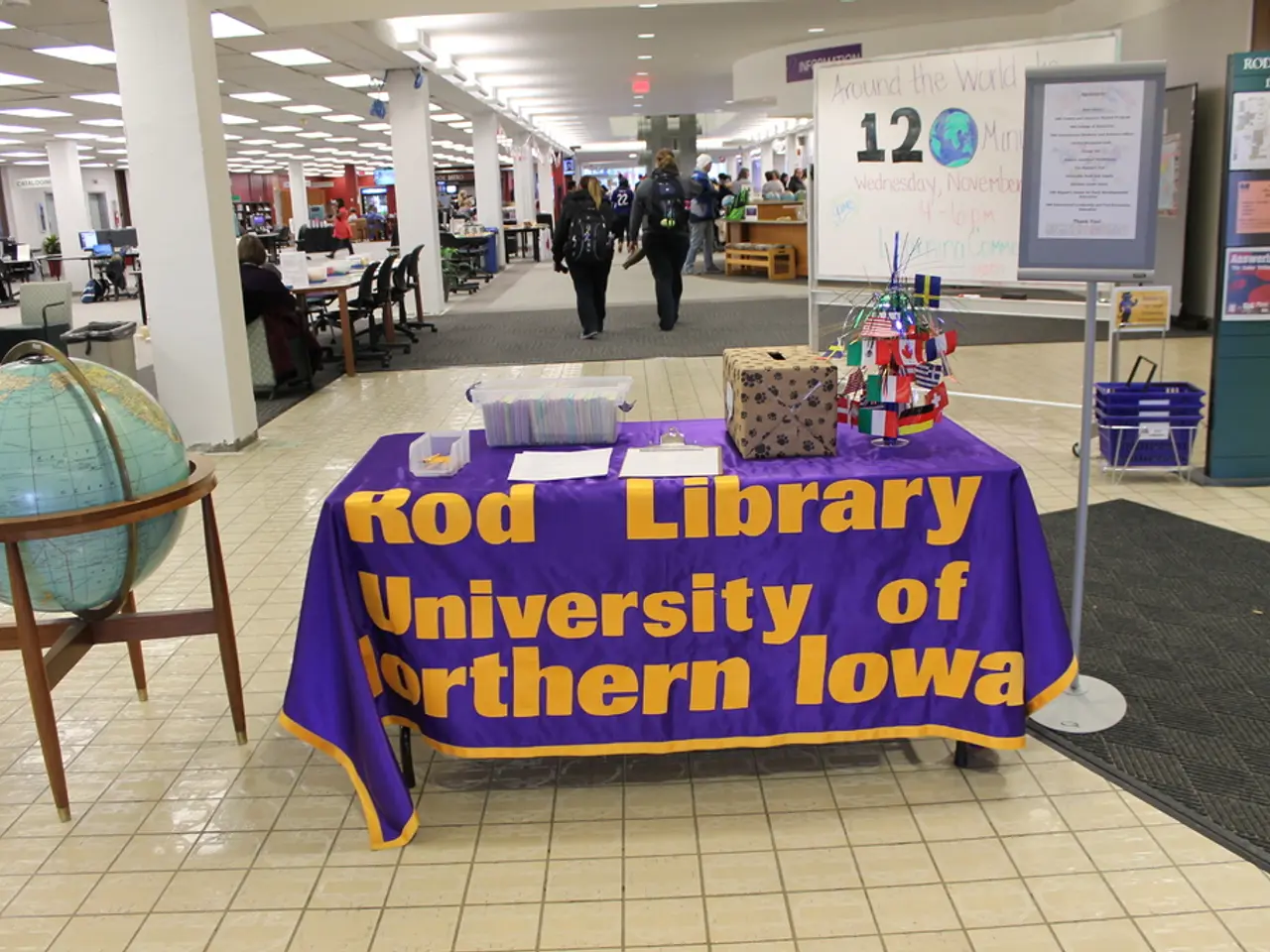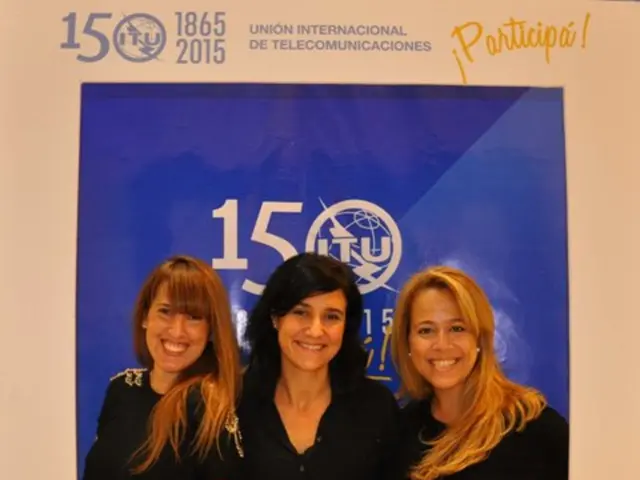Information on FAIR Data - Johanna R. Bruckner's Discussion
Dr. Johanna R. Bruckner, a prominent researcher and member of the collaborative research center 1333, has been awarded the FAIR4Chem Award 2023. Her victory comes as a testament to her unwavering commitment to promoting FAIR (Findable, Accessible, Interoperable, Reusable) data management in scientific research.
Dr. Bruckner emphasizes the benefits and importance of storing research data in a FAIR manner, stating that it is essential for advancing scientific research through improved data management and sharing. Key benefits include enhanced collaboration and data sharing, improved data quality and reuse, increased research impact, machine-actionability, support for reproducibility and verification, and efficient use of advanced computing resources.
FAIR data allows researchers across disciplines and institutions to easily discover, access, and reuse datasets. This openness fosters interdisciplinary collaboration, which can lead to new research opportunities and improved outcomes. By providing clear documentation, standardized formats, and rich metadata, FAIR practices ensure that data is well understood and reusable by others. This reduces data duplication, saving time and resources, and strengthens the reliability of research findings.
Making data FAIR increases its visibility and usability, which can lead to increased citations, wider collaborations, and a greater overall impact of the research findings in the scientific community. FAIR data also facilitates automated data discovery, integration, and analysis across platforms, accelerating research workflows and innovation.
FAIR data enables the verification of research credibility and accuracy by allowing others to access and validate data and the insights derived from it, thus strengthening trust in research outputs. With FAIR data, researchers can leverage cloud platforms to bring computation to the data, reducing costly and inefficient data replication, especially for large biomedical datasets and complex analyses that benefit from interoperability and accessibility in cloud environments.
Dr. Bruckner underlines that adopting FAIR principles transforms data into a valuable asset that promotes transparency, reuse, and collaborative innovation while maximizing the scientific and societal impact of research. She suggests that everyone can store their data in a FAIR way using available tools.
Dr. Bruckner's research group, while not having an explicit data management plan, adheres to certain rules such as storing data associated with a publication on the University of Stuttgart's data repository DaRUS and data from a thesis on a local server with a clear description. However, she believes that addressing an explicit data management plan is necessary in the near future as the size of her research group increases.
There were no major difficulties in storing their research data in a FAIR way, and Dr. Bruckner states that if there's nothing to hide, there's no reason not to store data in a FAIR way. She believes that working together is essential to solve the big challenges of our time, and advocates for the importance of storing and sharing research data in a FAIR way.
The call for applications for the Fair4Chem-Award was informed to all members of the collaborative research center 1333, and Dr. Bruckner applied due to her belief in the importance of FAIR data management and a suitable manuscript they had published. Her victory in the award underscores the significance of her work in promoting FAIR data management and its potential to transform scientific research.
[1] Wilkinson, M. D., Dumontier, M., Aalbersberg, I., Arns, J., Baak, A., Blomberg, S., … & Carr, L. J. (2016). The FAIR Guiding Principles for scientific data management and stewardship. Scientific data, 3(1), 160018. [2] Wilkinson, M. D., Dumontier, M., Aalbersberg, I., Arns, J., Baak, A., Blomberg, S., … & Carr, L. J. (2016). The FAIR Guiding Principles for scientific data management and stewardship. Scientific data, 3(1), 160018. [3] Wilkinson, M. D., Dumontier, M., Aalbersberg, I., Arns, J., Baak, A., Blomberg, S., … & Carr, L. J. (2016). The FAIR Guiding Principles for scientific data management and stewardship. Scientific data, 3(1), 160018. [4] Wilkinson, M. D., Dumontier, M., Aalbersberg, I., Arns, J., Baak, A., Blomberg, S., … & Carr, L. J. (2016). The FAIR Guiding Principles for scientific data management and stewardship. Scientific data, 3(1), 160018.
- Dr. Bruckner's research data, aligned with the FAIR principles, is stored in the University of Stuttgart's data repository DaRUS and local servers, enabling seamless data sharing and collaboration in health-and-wellness, science, and technology.
- The FAIR data repository facilitates efficient data integration and analysis across platforms, promising advances in fitness-and-exercise research through enhanced reusability, improved data quality, and greater research impact.
- Adopting FAIR practices can transform research data into a valuable asset, contributing to interdisciplinary collaboration, increased trustworthiness, and broader societal impact in diverse domains such as health-and-wellness, science, fitness-and-exercise, and technology.




